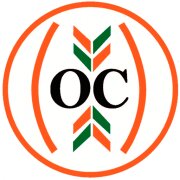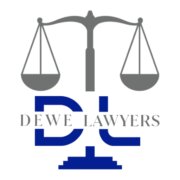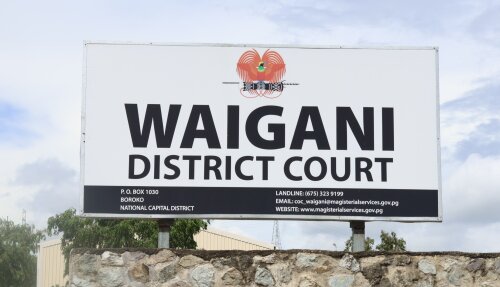Best Criminal Litigation Lawyers in Port Moresby
Share your needs with us, get contacted by law firms.
Free. Takes 2 min.
List of the best lawyers in Port Moresby, Papua New Guinea
About Criminal Litigation Law in Port Moresby, Papua New Guinea
Criminal Litigation Law in Port Moresby, Papua New Guinea refers to the legal process involving criminal offenses in the capital city of Papua New Guinea. This area of law deals with the investigation, prosecution, and defense of criminal cases in courts of law.
Why You May Need a Lawyer
There are several situations where you may require a lawyer in Criminal Litigation in Port Moresby, Papua New Guinea:
- If you have been accused of committing a crime
- If you are a victim of a crime and seek legal representation
- If you need advice on your rights and responsibilities during the criminal litigation process
- If you require assistance with gathering evidence and building a strong defense
- If you need guidance on plea bargaining or negotiating a sentence
Local Laws Overview
In Port Moresby, Papua New Guinea, several key aspects of local laws are particularly relevant to Criminal Litigation:
- The Criminal Code outlines offenses and penalties for criminal acts
- The Bail Act governs the granting of bail to accused persons
- The Evidence Act regulates the admissibility of evidence in court
- The Criminal Procedure Code sets out the rules and procedures followed during a criminal trial
Frequently Asked Questions
1. Can I represent myself in a criminal trial?
Yes, you have the right to represent yourself in a criminal trial. However, it is recommended to seek legal representation to ensure you understand your rights, navigate the complexities of the legal process, and present a strong defense.
2. How long does a criminal trial usually take in Port Moresby?
The duration of a criminal trial can vary depending on various factors, such as the complexity of the case, the number of witnesses, and court schedules. Some trials may last several months, while others may conclude within a few days.
3. What is the role of the prosecutor in a criminal trial?
The prosecutor represents the state and is responsible for presenting evidence against the accused. Their role is to prove the guilt of the accused beyond a reasonable doubt.
4. How does bail work in Port Moresby?
In Port Moresby, bail may be granted to an accused person based on certain conditions, such as the seriousness of the offense, the likelihood of the accused attending court, and the public interest. Bail can be granted either by the police or by the court.
5. What are the potential penalties for criminal offenses in Port Moresby?
The potential penalties for criminal offenses vary depending on the nature and severity of the offense. They can range from fines to imprisonment or a combination of both. Some offenses may also carry mandatory minimum sentences.
Additional Resources
If you need legal advice or assistance with Criminal Litigation in Port Moresby, Papua New Guinea, consider reaching out to the following resources:
- The Papua New Guinea Law Society
- The Office of the Public Prosecutor
- The National Court of Justice
Next Steps
If you require legal assistance in Criminal Litigation in Port Moresby, Papua New Guinea, consider taking the following steps:
- Consult with a qualified lawyer specializing in Criminal Litigation
- Provide all relevant details and documents related to your case to your lawyer
- Follow your lawyer's guidance and instructions throughout the legal process
- Attend all court hearings and cooperate with your lawyer
- Keep communication lines open with your lawyer and ask any questions or concerns you may have
Lawzana helps you find the best lawyers and law firms in Port Moresby through a curated and pre-screened list of qualified legal professionals. Our platform offers rankings and detailed profiles of attorneys and law firms, allowing you to compare based on practice areas, including Criminal Litigation, experience, and client feedback.
Each profile includes a description of the firm's areas of practice, client reviews, team members and partners, year of establishment, spoken languages, office locations, contact information, social media presence, and any published articles or resources. Most firms on our platform speak English and are experienced in both local and international legal matters.
Get a quote from top-rated law firms in Port Moresby, Papua New Guinea — quickly, securely, and without unnecessary hassle.
Disclaimer:
The information provided on this page is for general informational purposes only and does not constitute legal advice. While we strive to ensure the accuracy and relevance of the content, legal information may change over time, and interpretations of the law can vary. You should always consult with a qualified legal professional for advice specific to your situation.
We disclaim all liability for actions taken or not taken based on the content of this page. If you believe any information is incorrect or outdated, please contact us, and we will review and update it where appropriate.












